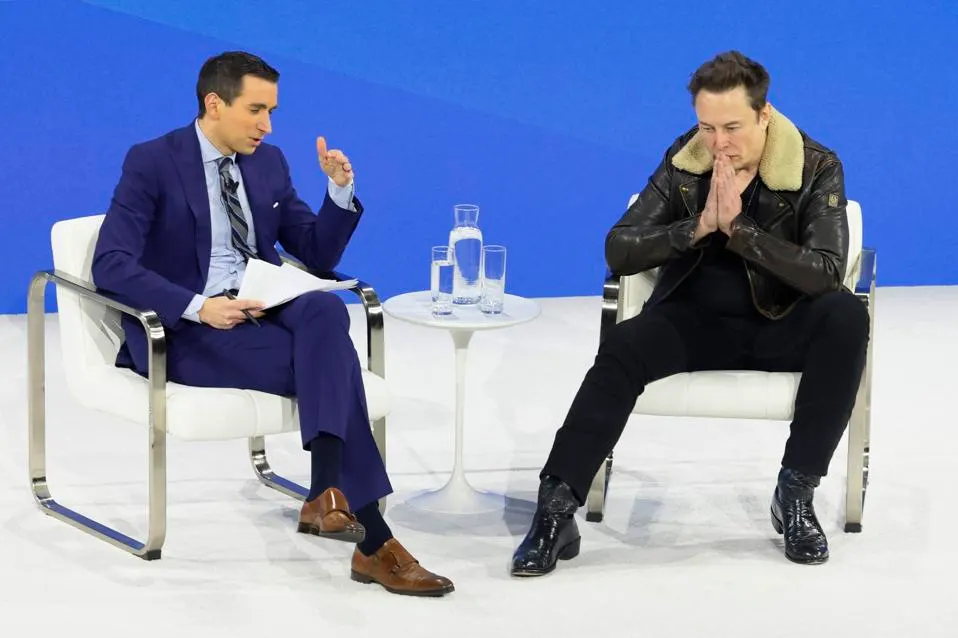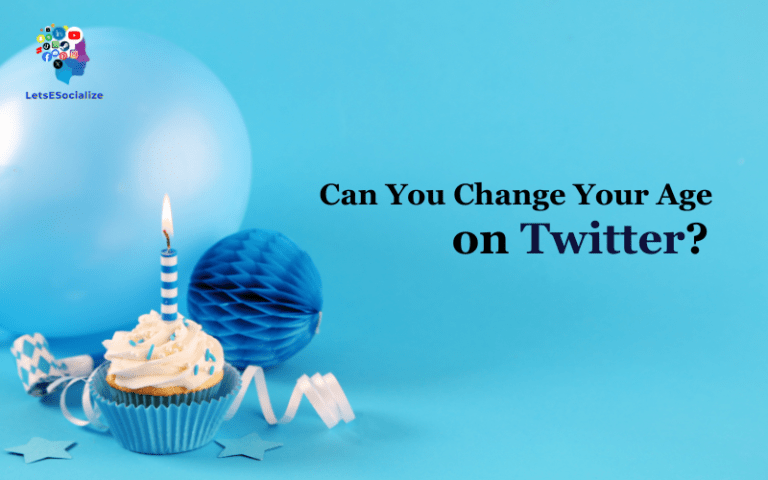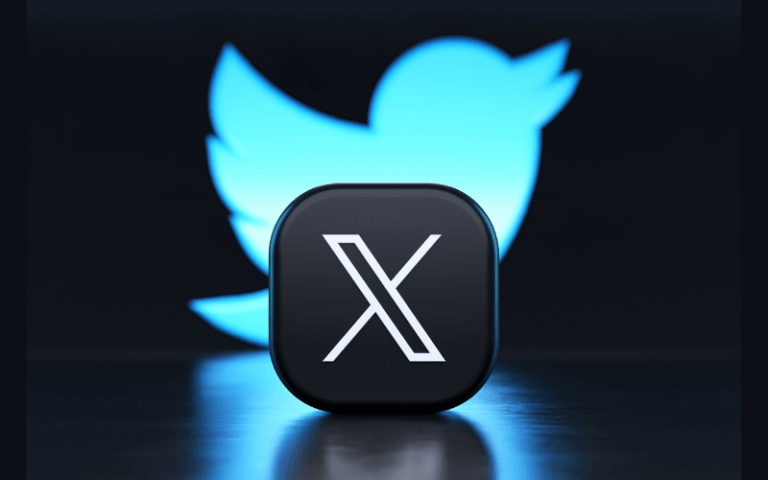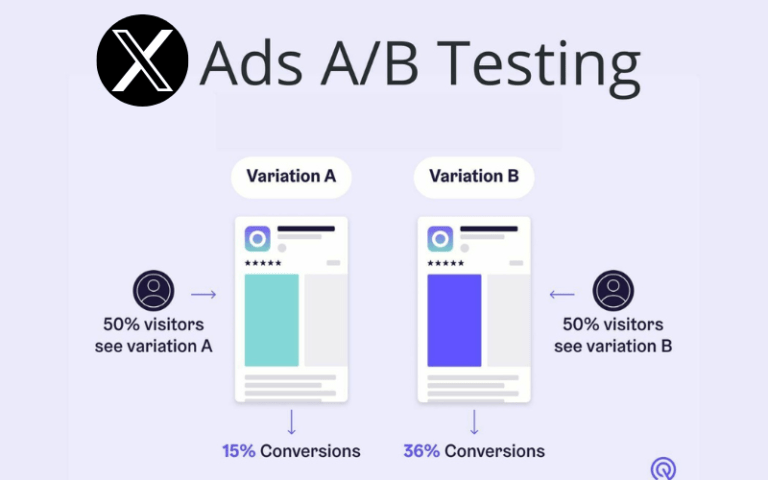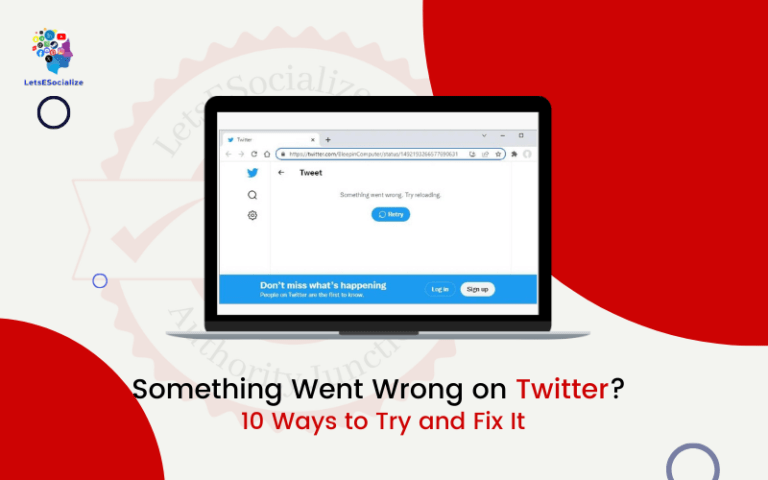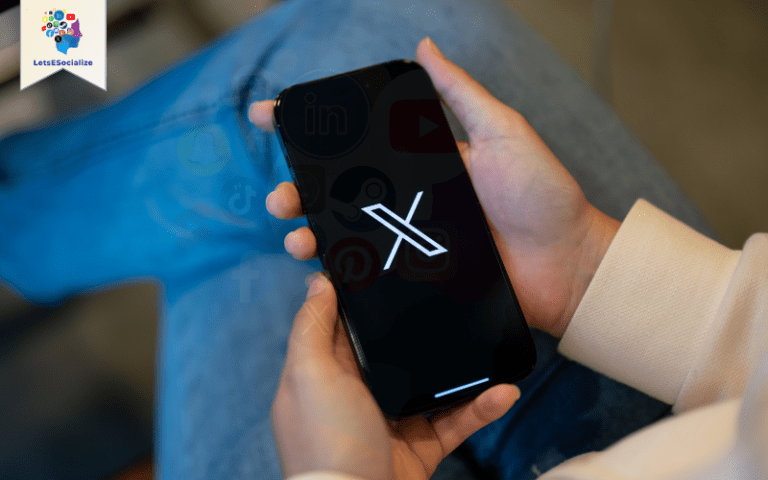It’s been a wild ride since Elon Musk paid $44 billion for Twitter (now X) in October 2022 (Musk invested $27 billion). Since then, the microblogging website has made several gaffes, including fake posts, unverified accounts, and hateful posts, which have enraged many in the advertising industry.
Twitter relies heavily on advertiser support to generate revenue. Several advertisers were concerned early on that the microblogging site would continue to be a brand-safe environment for their ad messaging under Musk.
For example, during Musk’s first month as CEO, a bogus account announced that pharmaceutical company Eli Lilly +2.2% would be providing free insulin to customers; this erroneous announcement temporarily impacted their stock price. A fake Nintendo account was also posted, with Mario making an impolite gesture.
Also read: Walmart latest big advertiser to drop Musk’s X amid widening concerns over hate Speech, reach
Twitter gradually began to lose its platform as a source of timely and accurate news and information. Elon Musk and Twitter/X became a news story. According to Taboola, Elon Musk/Twitter was the second most-read news story of 2023, following Biden/Trump.
Furthermore, Twitter reinstated thousands of previously banned accounts, many of which had been banned for political extremist and hateful posts.
The decision to disband Twitter’s Trust and Safety Council, an unpaid advisory board comprised of 100 independent civil, human rights, and other organizations, helped to alleviate the situation. The board was formed in 2016, and one of the many topics discussed was hate speech.
Meanwhile, Twitter reduced the number of its employees (including many prominent engineers) from 7,500 to 1,300, a reduction of approximately 80%.
In the months that followed, Madison Avenue remained concerned about Twitter’s status as a brand-safe website. Concerns were heightened by Musk’s continued “erratic behavior” and eyebrow-raising posts as a self-proclaimed “free speech absolutist.” Concerning the critics, Musk stated that these activist groups were “trying to destroy free speech in America.”
Nonetheless, advertisers continued to have concerns about content. According to Media Matters, 50 of Twitter’s top 100 advertisers from 2022, which accounted for $750 million in revenue, had either reduced or stopped advertising on the website entirely. VW, General MotorsGM +1.7%, Diageo, Heineken, Nestle, Coca-ColaKO +0.9%, Mars, and Ford were among them. In response, Twitter enlisted DoubleVerify and Integral Ad Science (IAS) to provide advertisers with the ability to measure the brand safety of their Twitter ads.
Also read: Elon Musk Uses a Crude Insult to Slam Advertisers for Pulling Back From X
Musk announced the hiring of Linda Yaccarino as CEO in May to calm advertisers’ nerves and increase revenue. Yaccarino was the head of ad sales at NBCU and was well-liked and respected by many marketers.
Yaccarino joined Twitter at a time when many prominent marketers had stopped or reduced their ad spending.
Musk changed the name of Twitter, which was founded in 2006, to X in July. Along with the renaming came the removal of the iconic blue and white bird logo.
In July, Mark Zuckerberg’s Meta launched Threads, a competitor microblogging service. Threads reportedly signed up 100+ million users in five days, making it the fastest-growing app ever, surpassing Open AI’s Chat GPT.
Despite Yaccarino’s addition to the platform, Elon Musk has continued to alienate advertisers who are concerned about brand safety. Musk revealed in September that X’s ad revenue in the United States had dropped by 60%. The following month, on the first anniversary of Musk’s $44 billion purchase, he valued the company at $19 billion.
The suitability of X as a safe environment for advertisers has reached new heights in the last month. Elon Musk endorsed an anti-Semitic conspiracy theory on November 15, igniting yet another firestorm in the advertising community. Dozens of high-profile marketers have either withdrawn or paused their advertising commitment to X.
Several reports have cited AppleAAPL +1.7%, IBM, and other well-known advertisers.IBM is down 0.7%, Coca-Cola is down 1.2%, and Airbnb, Jack-in-Box, Ubisoft, Expedia, Fox Sports, and Netflix are all down.NFLX is up 3.7%, as are Paris Hilton’s 11:11 Media, Disney, and Comcast.CMCSA +2.3%, TotalAmong those who have chosen not to use X are PARA +3%, Lionsgate, Sony Pictures, Universal, and Warner Bros. Discovery.
Following Musk’s post According to the New York Times, X could lose up to $75 million in revenue by the end of the year after viewing internal documents. According to Insider Intelligence, X’s ad revenue in 2023 will be $1.89 billion, down from around $4 billion in 2022.
Furthermore, Media Matters reported that many ads on X were still running alongside pro-Nazi posts. Musk is suing Media Matters for false reporting.
A few weeks later, more advertisers left X after Musk referenced “Pizzagate,” a widely debunked right-wing conspiracy theory, in a meme.
A group of right-wing extremists claimed in 2016 that the Clintons and other Democrats were running a sex trafficking ring out of a Washington, D.C. pizzeria. As a result, a gunman entered the pizzeria and began firing shots. Following Musk’s recent post, which was quickly removed, the Washington Post ceased advertising on X.
“Brands want safety—always,” says J. Walker Smith, Knowledge Lead at Kantar. Business leaders who run brands have a fiduciary responsibility to ensure brand safety. This includes avoiding risks and avoiding controversies that could harm a brand’s financial position. As a matter of business, media that exposes brands to risks will be avoided.
It is simply a matter of protecting brands from financial risks.” “Controversy is bad for business,” Smith adds. Period”.
As marketers withdrew from X, many began advertising on Threads. Threads was also used by late-night television host Stephen Colbert when he announced he would be taking a week off due to appendicitis. With advertisers leaving X, Apptopia, a data intelligence company, reported an increase in Threads downloads.
The White House has just opened its first Threads account. “Brand association and reputation are significantly affected by the platforms they associate with and, more importantly, the content they’re adjacent to,” says Stephen Magli, Founder and CEO of AI Digital.
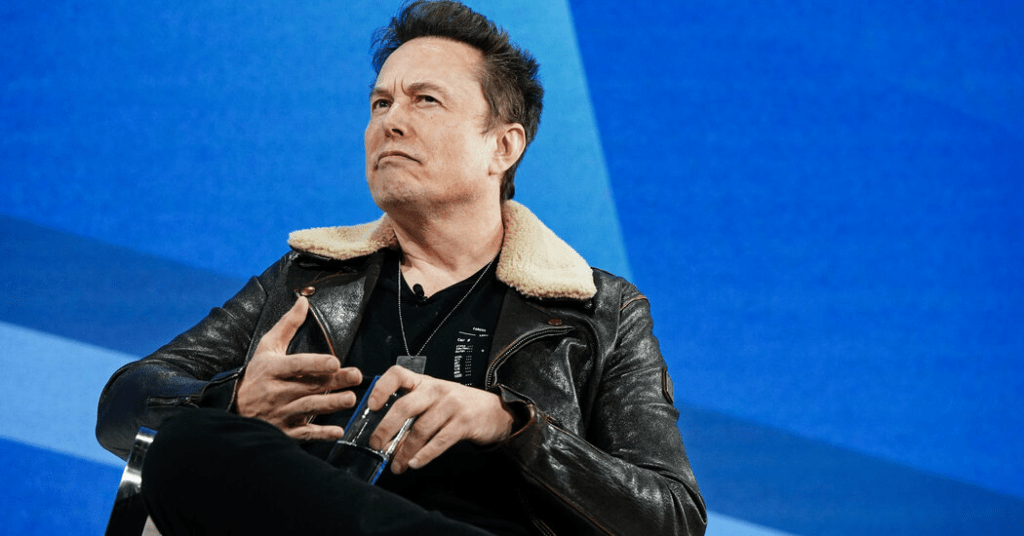
Threads has received 41 million downloads since September, while X has received 27 million. Threads has recently surpassed X as the second most popular free app on the Apple App Store. Threads had 182 million global downloads this year, compared to 150 million for X, according to Sensor Tower.
In an interview with Andrew Ross Sorkin at the “New York Times DealBook Summit” on November 29, he apologized for his “foolish” post that promoted an anti-Semitic conspiracy. Musk then commented on the marketers leaving X, saying, “What this advertising boycott is going to do is kill the company.”
Later in the interview, Musk said, “If someone wants to blackmail me with advertising, with money?” before using profanity in response to marketers who have stopped advertising on X, specifically mentioning Disney CEO Robert Iger. Following Musk’s latest outburst, Wal-Mart ceased advertising on X.
Also read: Musk told advertisers to ‘go f‑‑‑ yourself’ and stop spending on X.
“Brand safety is certainly a hot topic in headlines lately,” Andrea Kwiatek, Director, Strategic Partnerships, Goodway Group, adds, “and deciding to pull your advertising off of such platforms that aren’t providing enough transparency to make the best decisions for your brands is a trend we may see throughout the new year.”
Other social platforms will gain an even more competitive edge with brands embracing new avenues for engagement and performance until these platforms understand the needs of advertisers and build trust and transparency within brand safety.”
Despite the criticism, CEO Yaccarino has defended Musk throughout the advertising crisis. Several marketers who have known Yaccarino for years have advised her to step down before destroying her reputation.
Nonetheless, Yaccarino remains a supporter of Musk, describing his Times interview as “candid and profound.” “Our principles do not have a price tag, nor will they be compromised — ever,” Yaccarino wrote in a memo to her staff. We will not be distracted by sideline critics who do not understand our mission, no matter how hard they try.”
“Advertisers will not return to Twitter until it can demonstrate a genuine commitment to reducing or eliminating hate speech and discriminatory content on the platform,” Amy Rumpler, SVP of search and social media services at Basis Technologies, adds.
Also read: Elon Musk boosts Pizzagate conspiracy theory that led to D.C. gunfire
X must take a firmer stance against allowing this type of content on its platform, and agree that protecting free speech does not have to include spreading hate speech. That commitment does not appear to have existed historically, or is not being enforced today.”
Despite the turmoil surrounding X, Elon Musk remains the world’s richest person, according to Forbes, with a net worth of $247.4 billion as of December 6. Musk’s net worth increased by $28 billion in November alone, thanks to a rise in the price of TeslaTSLA +1% stock. Musk is the CEO of SpaceX, a spacecraft manufacturer, in addition to Tesla and X. Elon Musk is also seeking $1 billion in funding for his artificial intelligence company, xAI.

